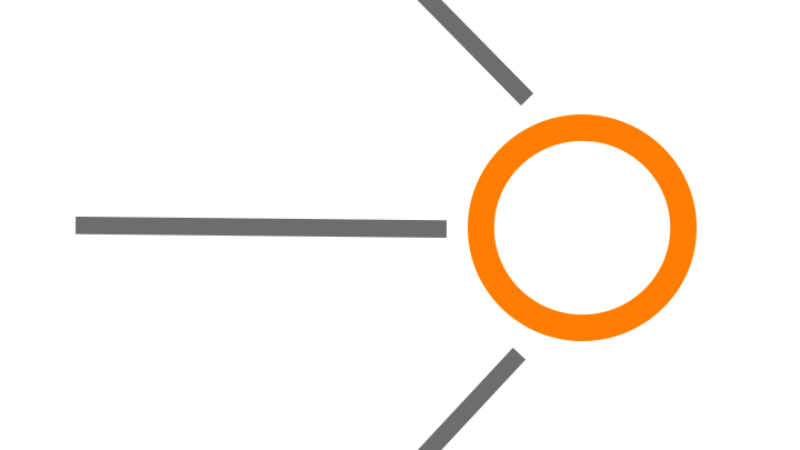
There are many reasons to do power research. If you’re an activist or organizer, it can help shape your strategy and identify who or what you are really up against, or show you how to gain leverage in your fights. Within social movements, it can also assist in political education efforts, helping build collective knowledge and analysis of the power structure so that it can be effectively challenged. Journalists frequently practice power research to expose conflicts of interest and follow the money. It can also help point journalists towards the topics, people, and institutions they need to be reporting on: not the small-time crook, but the billionaire bandit.
And some people do power research for intellectual reasons, because it helps explain how the world really works in ways that your civics or political science classes do not.
Power research, whether it is practiced by activists, journalists, or other researchers, often plays an important role in movements for social change, though the history of this is somewhat submerged and untold. To read more about one example of this, check out this video and this article on SNCC’s research arm, which played an integral role in shaping and strengthening its organizing strategies.

More recently, power research has played a role in some very important campaigns and organizing efforts. The Justice for Janitors campaign traced the relationships between building service contractors and their clients, real estate billionaires, to develop a winning strategy and organize tens of thousands of janitors in cities around the country. Indigenous people and their allies used power research to trace and then pressure the banks financing the Dakota Access Pipeline. Tenants in New York state won historic renter protections and rent control, in part by identifying the billionaire landlords in their state and how they were using campaign contributions, lobbying, and astroturf organizations to fight renters’ rights.